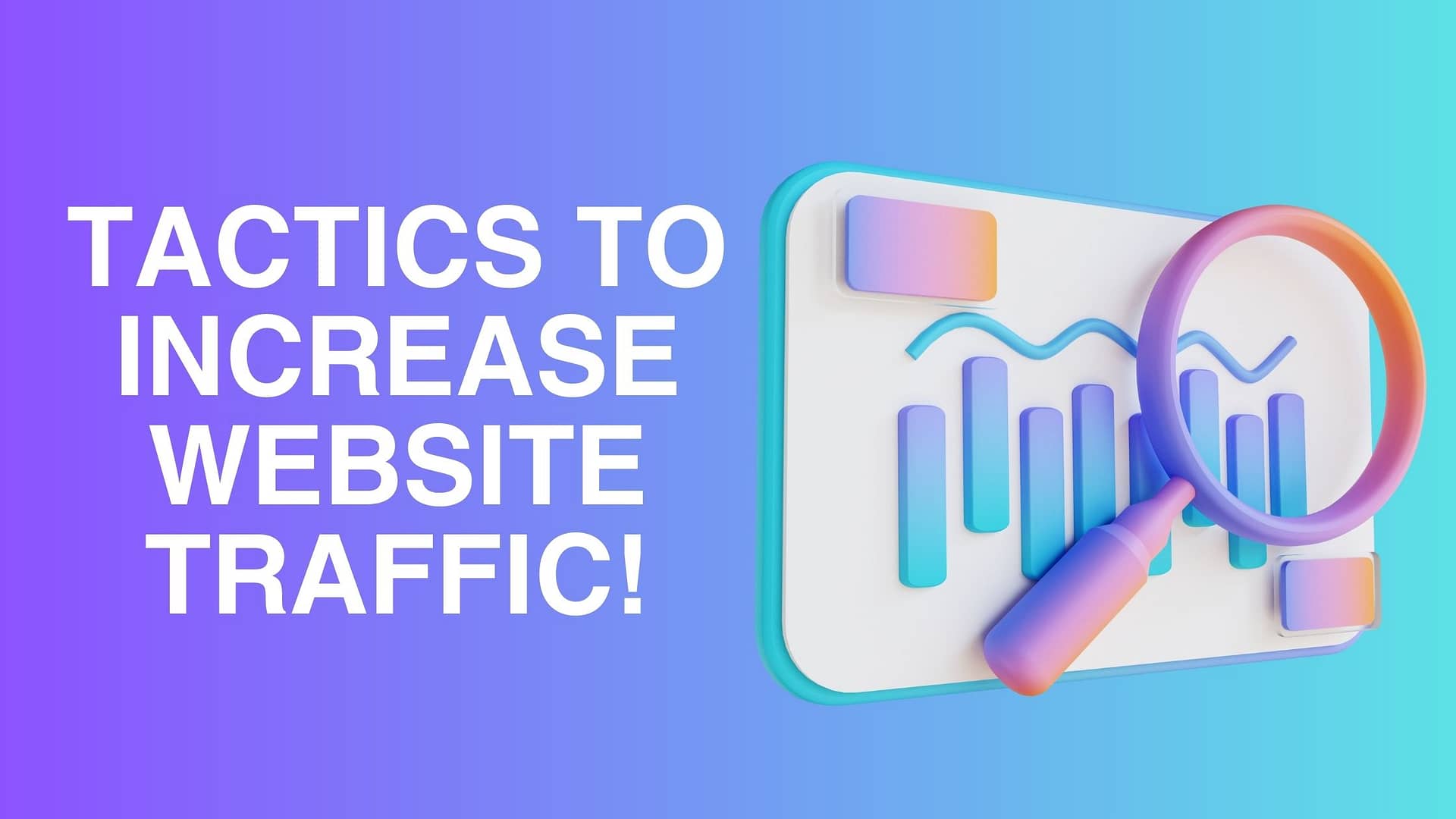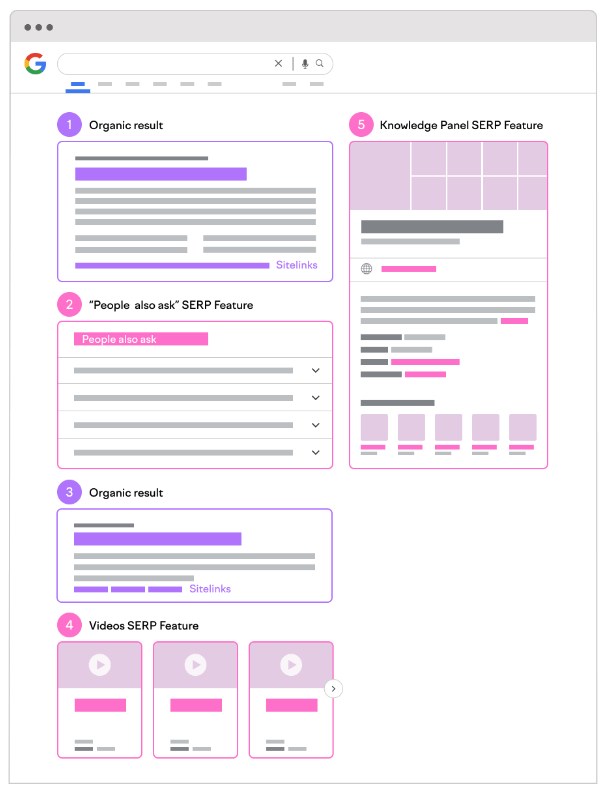 DIY vs. Professional Web Design: Which One is Right for You?
DIY vs. Professional Web Design: Which One is Right for You?
💻, 🛠️, 🌟, 🔨, 🕰️, 📈, 💼, 💳, 💰
In today’s digital age, having a website for your business or personal brand is essential. Your website is often the first point of contact between you and your potential customers or clients. It is important to make a good first impression by having a website that is not only aesthetically pleasing but also functional and user-friendly. But the question arises, should you create a website yourself or hire a professional web designer? In this article, we will explore the advantages and disadvantages of DIY web design and professional web design to help you make an informed decision.
DIY Web Design
DIY web design refers to designing a website yourself using various tools and software available online. This approach is often chosen by small businesses or individuals who have a limited budget but still want to have an online presence. Keep in mind there are two different types of DIY too. There is the kind done right where you et your own hosting and domain and set it up yourself on your own hosting and there is the terrible “all-in-one” style of DIY. This all-in-one style offers the hosting plan and the domain right with the website design except you don’t fully own anything except your CSV spreadsheet at the end of the day. And you forsure don’t have the root access required to perform the professional level SEO needed. So keep that in mind when we discuss DIY. Let’s take a closer look at the advantages and disadvantages of DIY web design.
Advantages of DIY Web Design
- Cost-effective: The most significant advantage of DIY web design is cost-effectiveness. You don’t have to pay a web designer’s fee, which can be quite high, especially if you want a custom website.
- Full control: When you design your website yourself, you have complete control over the design, layout, and content. You can customize every aspect of your website to fit your brand’s personality and goals.
- Quick and easy: With the availability of various website builders and templates, creating a website has become relatively easy and quick. You can have a website up and running in a matter of hours.
Disadvantages of DIY Web Design
- Limited customization: While website builders and templates offer a lot of design options, they also come with limitations. You may not be able to achieve the exact look and feel you want for your website.
- Lack of expertise: Unless you have a background in web design, you may not be aware of the latest design trends, user experience, and web development practices. This can result in a website that is outdated and difficult to navigate.
- Time-consuming: Designing a website yourself can be time-consuming, especially if you want to create a unique website that stands out from the rest.
- Limited customization: While DIY web design tools offer a range of design options, they also come with limitations. You may not be able to achieve the exact look and feel you want for your website. This could affect your brand’s consistency and make it difficult to stand out from your competitors.
- Lack of expertise: Unless you have a background in web design, you may not be aware of the latest design trends, user experience, and web development practices. This can result in a website that is outdated, unresponsive, or difficult to navigate. In addition, you may not have the technical skills required to fix any issues that may arise during the design or development process.
- Time-consuming: Designing a website yourself can be time-consuming, especially if you want to create a unique website that stands out from the rest, there is a huge learning curve at the beginning. This can take away from time that could be spent on other important business tasks. Additionally, you may have to spend time learning how to use the website builder or design software, which can further delay the launch of your website.
- Lack of professional polish: DIY web design may result in a website that looks unprofessional, which could negatively impact your brand’s reputation. Your website is often the first impression that potential customers have of your business, and if it looks amateurish, they may assume that your business is not trustworthy or credible.
- Limited functionality: DIY web design tools may not offer the same level of functionality as a professionally designed website. For example, you may not be able to incorporate advanced features like e-commerce functionality, custom forms, or integrations with third-party applications. This could limit the potential of your website and affect your ability to grow your business online.
Professional Web Design
Professional web design refers to hiring a web design agency or a freelance web designer to create a website for you. This approach is often chosen by larger businesses or individuals who have a larger budget and want a custom website that is tailored to their specific needs. Let’s take a closer look at the advantages and disadvantages of professional web design.
Advantages of Professional Web Design
- Customization: The most significant advantage of professional web design is customization. A professional web designer can create a website that is unique to your brand and goals.
- Expertise: Professional web designers have the expertise and knowledge to create a website that is not only aesthetically pleasing but also user-friendly and functional. They are aware of the latest design trends, user experience, and web development practices.
- Time-saving: Hiring a professional web designer can save you time, especially if you have a lot of other responsibilities to take care of. They can handle everything from the design to the development and maintenance of your website.
Disadvantages of Professional Web Design
- Costly: The most significant disadvantage of professional web design is the cost. Hiring a web designer can be quite expensive, especially
#DIYwebdesign #professionalwebdesign #websitedesign #webdevelopment #customization #expertise #professionalpolish #functionality #ecommerce
Website Builders vs Website Designers & Developers










